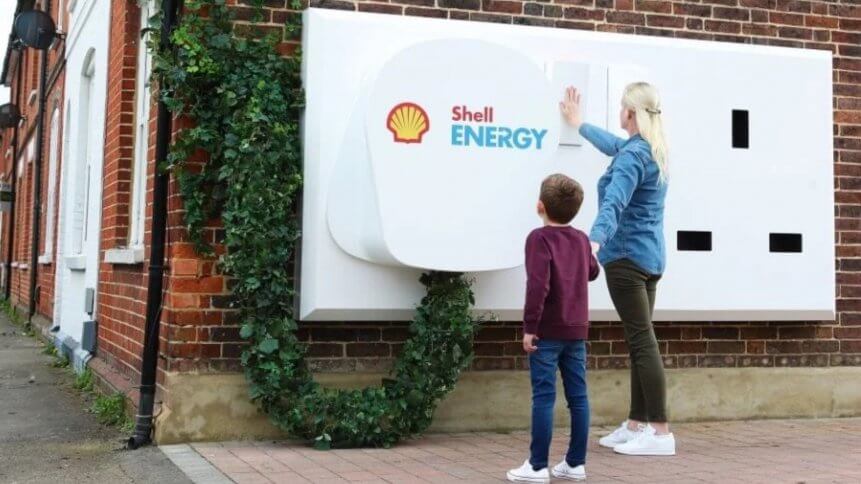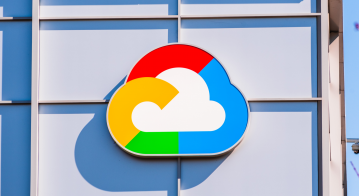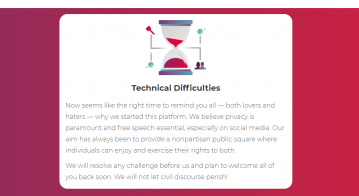Microsoft’s AI to help Shell slash carbon emissions

- Shell will supply Microsoft with renewable energy to help meet its commitment to having a 100% supply of renewable energy by 2025
- The two companies will continue to collaborate on artificial intelligence (AI) solutions to help reduce Shell’s carbon emissions
In the latest in a series of climate-positive developments by big tech, Microsoft and Shell have embarked on a new strategic alliance to support progress towards a world with net-zero emissions. The partnership builds on a strong foundation of three decades of technology collaboration between the two companies.
The strategic alliance is set to benefit both parties. Shell’s supply of renewable energy will help Microsoft deliver on its goals of 100% renewable energy supply by 2025 on the path to a broader aspiration of becoming carbon negative by 2050. Microsoft, for its part, will use artificial intelligence (AI) to also support Shell in their ambitions to becoming carbon negative by 2050.
“We are building on our work with Shell by establishing a deeper alliance to further accelerate innovation in support of decarbonization and energy industry transition,” said EVP of Microsoft’s Worldwide Commercial Business, Judson Althoff. “Cross-industry collaborations like this are fundamental to help society reach net-zero emissions by 2050, and digital transformation is key to tackling this important issue, within the energy sector and beyond.”
To date, Microsoft and Shell have already achieved important results through their long-standing technology collaboration.
This year alone, 47 AI-powered proprietary applications have been deployed across Shell’s businesses, with technologies such as real-time production optimization already showing potential in reducing CO2 emissions in their liquefied natural gas (LNG) operations.
Elsewhere, Microsoft has developed technologies to help keep Shell’s workers and sites safe. A prime example of this is how Microsoft Azure powers Shell’s autonomous integrity recognition (AIR) system, which uses image recognition algorithms to detect when equipment or parts of a site are susceptible to corrosion.
In addition, the two companies will work on advancing the use of sustainable aviation fuels and plan to use Azure and data from Shell assets to strengthen operational safety, by improving risk analysis, prediction, and prevention.
“Microsoft and Shell both have rich histories of innovation and bold ambitions to decarbonize,” said downstream director of Shell, Huibert Vigevano. “We are proud of the work we have already done together. Our strategic alliance will enable us to push the boundaries of what can be achieved. We believe we can unlock tremendous progress for Shell, Microsoft, our customers, and beyond.”
The technology industry has traditionally come under fire for its “industrial age” supply chains. Microsoft has come under fire for its ongoing work with the fossil fuel industry, which some green groups say undermines its carbon-zero aims.
Environmental activist group Greenpeace has called the relationship between oil and gas and AI providers “devastating” for the climate, as the fossil fuel industry becomes increasingly reliant on cloud computing and advanced analytics. The group recently lauded Google’s decision not to renew oil and gas contracts, and no longer create custom solutions for upstream oil and gas extraction.
Microsoft’s chief environmental officer Lucas Joppa told BusinessGreen in May that ostracizing the oil and gas industry would be counterproductive to renewable energy goals: “We are not going to fundamentally change the game or achieve societal transition through disengaging in conversations, and completely disengaging in collaborations with the sector that is going to be the most affected,” he said.
Greenpeace applauded Google’s decision. “While Google still has legacy contracts with oil and gas firms that we hope they will terminate, we welcome Google’s move to no longer create custom solutions for upstream oil and gas extraction,” said Elizabeth Jardim, senior corporate campaigner for Greenpeace USA.










